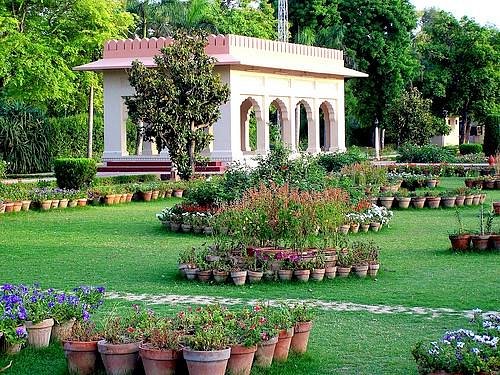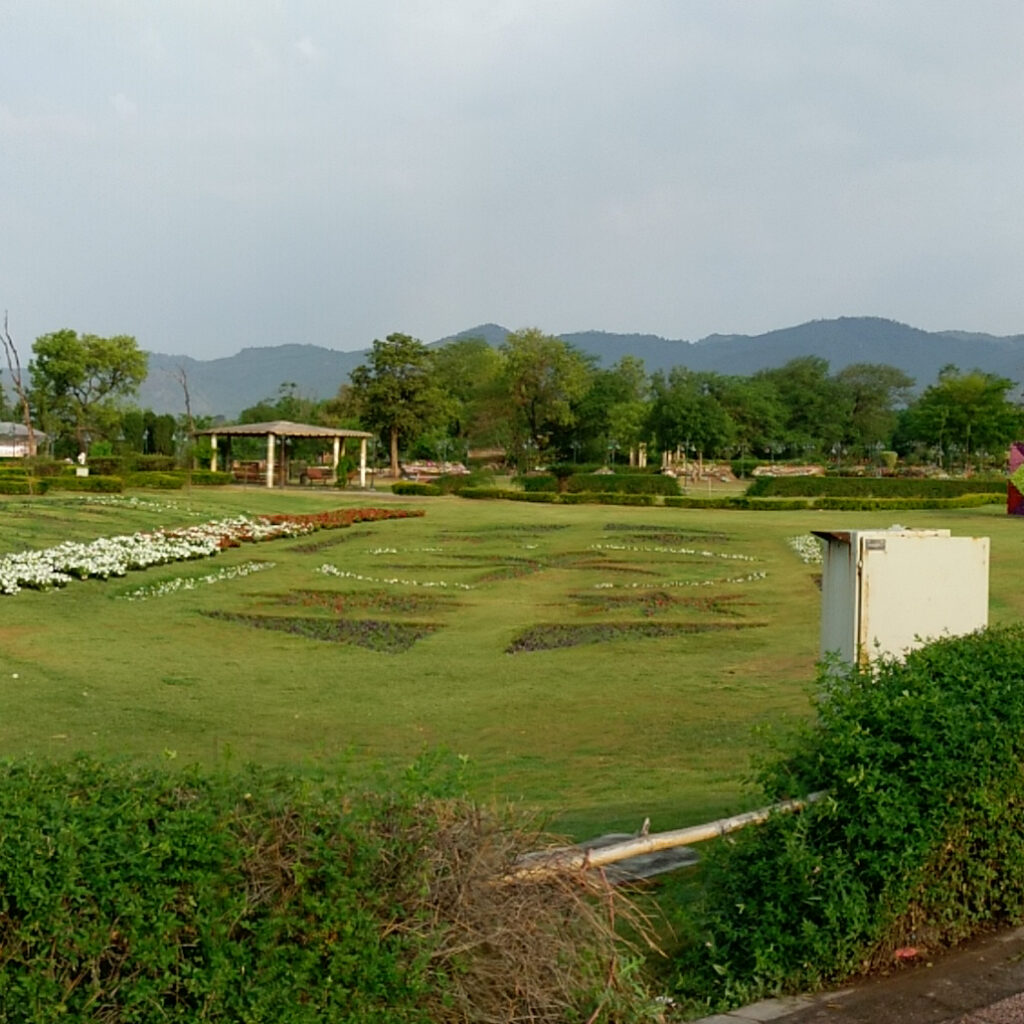Pakistani Parks and Gardens
Introduction
Pakistan is blessed with breathtaking natural beauty, from snow-covered mountains to golden deserts. Alongside its natural wonders, the country is also home to a diverse collection of parks and gardens that offer peace, recreation, and cultural heritage. These green spaces are not just places for relaxation; they are also reflections of Pakistan’s history, urban planning, and love for nature.
From Mughal-era gardens in Lahore to modern amusement parks in Karachi and Islamabad, Pakistani parks and gardens play a vital role in enriching the lives of citizens while attracting thousands of tourists every year. For travelers looking to explore these cultural and natural treasures, Pakistan PTPC provides detailed guides and authentic information to make every journey memorable.
Historical Roots of Parks and Gardens in Pakistan
The tradition of building gardens in Pakistan dates back centuries, particularly during the Mughal Empire. Mughal rulers were famous for creating lush green gardens, inspired by Persian and Islamic styles, known as Charbagh (four-fold garden designs). These gardens symbolized paradise on earth, featuring symmetrical layouts, fountains, floral patterns, and shaded walkways.
Even after the Mughal era, during the British colonial period, several botanical gardens and public parks were developed. These spaces were designed not only for recreation but also for showcasing the region’s rich biodiversity. Today, Pakistani parks and gardens are a blend of historical charm and modern recreational facilities.


Importance of Parks and Gardens in Pakistan
Parks and gardens play a significant role in Pakistani society for several reasons:
- Environmental Benefits: They purify the air, regulate temperature, and support urban ecosystems.
- Health and Wellness: Parks provide citizens with open spaces for exercise, walking, and meditation.
- Cultural and Historical Value: Mughal gardens are UNESCO-worthy heritage sites that reflect Pakistan’s glorious past.
- Tourism: Parks and gardens attract local and international visitors, boosting the tourism industry.
- Community Spaces: They serve as gathering points for families, festivals, and recreational activities.
To learn more about these cultural and natural treasures, travelers can explore detailed resources on Pakistan PTPC.
Famous Parks and Gardens of Pakistan
Shalimar Gardens, Lahore
A UNESCO World Heritage Site, the Shalimar Gardens were built by Mughal Emperor Shah Jahan in 1641. The gardens showcase classic Mughal landscaping, featuring terraces, marble fountains, and floral beauty. They remain one of the most visited historical gardens in Pakistan.
Jinnah Garden (Bagh-e-Jinnah), Lahore
Bagh-e-Jinnah, commonly known as Jinnah Garden, is a historic park with lush greenery, botanical collections, and colonial-era charm. It is also home to Quaid-e-Azam Library, making it a hub for both recreation and intellectual pursuits.
Hill Park, Karachi
Situated on a hilltop in Karachi, Hill Park offers panoramic views of the city. Families visit for picnics, jogging, and relaxation. Its unique location and serene atmosphere make it one of Karachi’s most loved green spaces.
Fatima Jinnah Park (F-9 Park), Islamabad
Spread across 750 acres, Fatima Jinnah Park is one of the largest parks in South Asia. Located in Islamabad’s F-9 sector, the park combines modern design with natural landscapes. Jogging tracks, cycling paths, and wide green lawns attract thousands of visitors daily.
Ayub National Park, Rawalpindi
One of Pakistan’s oldest and largest parks, Ayub National Park is spread across 2,300 acres. It includes boating lakes, walking trails, children’s play areas, and a wildlife sanctuary. It is a popular picnic destination for families in Rawalpindi and Islamabad.
Hazuri Bagh, Lahore
Built in 1818 by Maharaja Ranjit Singh, Hazuri Bagh lies between the Badshahi Mosque and Lahore Fort. It features a central marble baradari and is a remarkable blend of Mughal and Sikh architecture.
Model Town Park, Lahore
A modern park known for its long jogging track, Model Town Park attracts fitness enthusiasts and families alike. Its natural beauty and peaceful environment make it one of Lahore’s best-maintained urban parks.
Jilani Park (Racecourse Park), Lahore
Famous for its floral displays and annual spring festival, Jilani Park adds a vibrant touch to Lahore’s city life. The park includes vast lawns, water fountains, and floral exhibitions.
Botanical Gardens and Biodiversity
Pakistan is home to several botanical gardens that serve as research centers and biodiversity hotspots. Gardens like the Botanical Garden of Karachi University and Botanical Garden of Quaid-i-Azam University Islamabad conserve rare plant species while promoting environmental awareness.
These botanical parks are not only educational spaces but also ideal destinations for nature lovers. They highlight the importance of preserving indigenous plants and creating green lungs for urban centers.

Parks and Tourism in Pakistan
Tourism in Pakistan is closely linked with its green spaces. Tourists visiting Lahore often explore Shalimar Gardens, Hazuri Bagh, and Jilani Park alongside historical landmarks like Lahore Fort. In Islamabad, Fatima Jinnah Park and Daman-e-Koh are favorite tourist spots for enjoying natural beauty.
Moreover, many national and provincial parks, such as Margalla Hills National Park and Ayubia National Park, serve as eco-tourism destinations. These parks combine natural landscapes, hiking trails, and wildlife preservation, making them attractive for both local and international tourists.
To plan an enriching visit to these sites, visitors can explore detailed guides at Pakistan PTPC.
Amusement and Theme Parks
In addition to historical and natural gardens, Pakistan has developed modern amusement parks that provide entertainment for children and families.
- Sindbad Amusement Park, Karachi – A popular family attraction with rides and arcade games.
- Sozo Water Park, Lahore – One of the largest water parks in Pakistan.
- Joyland, Lahore and Islamabad – Amusement centers with rides, swings, and fun activities for kids.
These parks reflect Pakistan’s growing recreational industry, catering to the needs of modern urban families.
Pakistani parks and gardens are more than just recreational areas – they are living symbols of history, culture, and nature. From the Mughal elegance of Shalimar Gardens to the vastness of Fatima Jinnah Park, these green spaces provide citizens with beauty, relaxation, and cultural pride.
For tourists and nature lovers, exploring these parks offers a chance to connect with Pakistan’s heritage and environment. If you want to learn more about Pakistan’s cultural and natural treasures, visit Pakistan PTPC for detailed travel insights and guides.
These parks and gardens not only enrich urban life but also preserve Pakistan’s legacy for future generations, making them an essential part of the country’s cultural identity.
